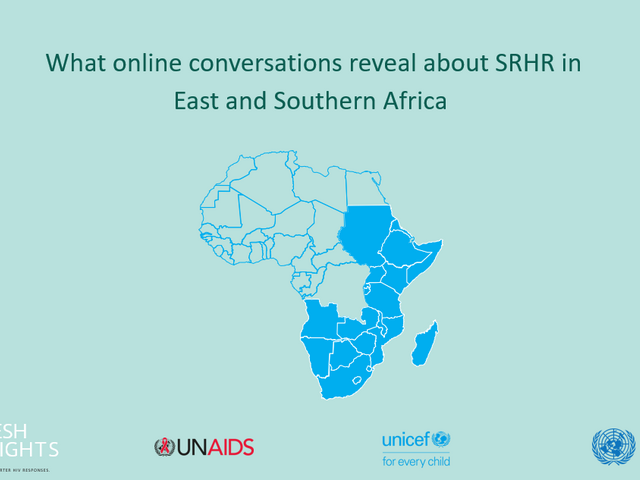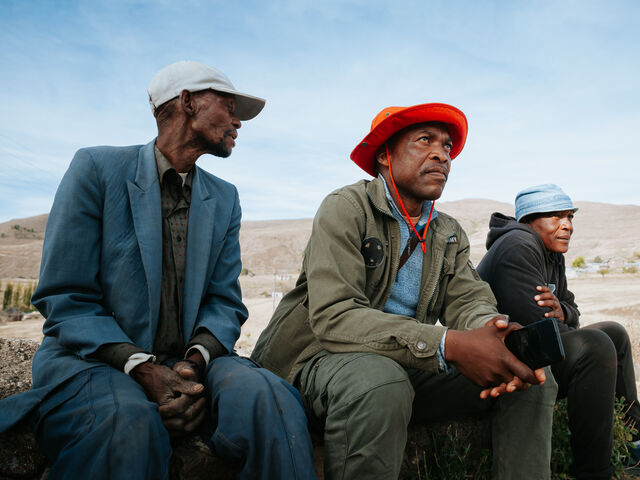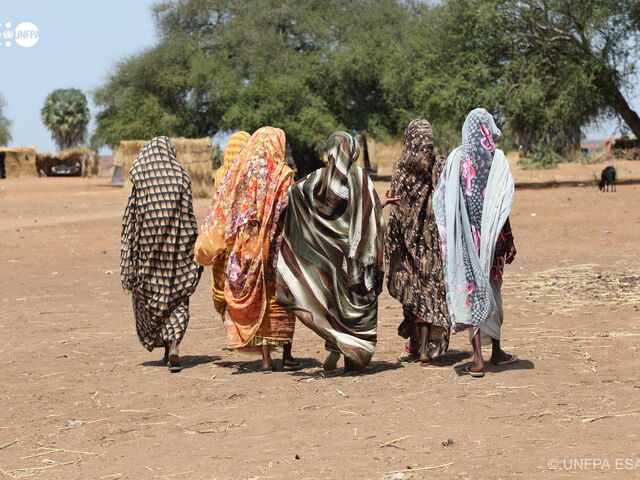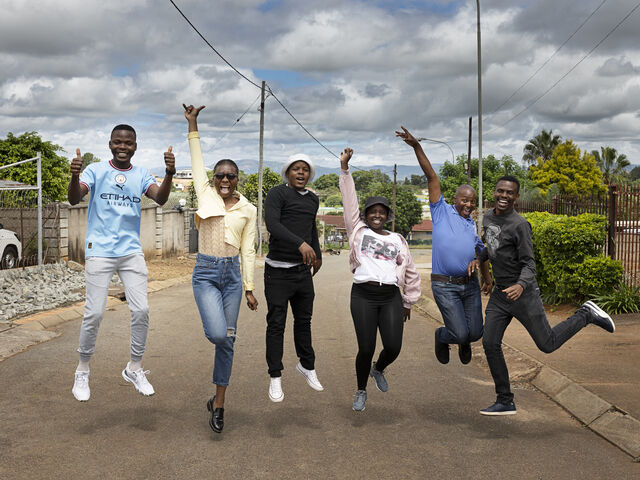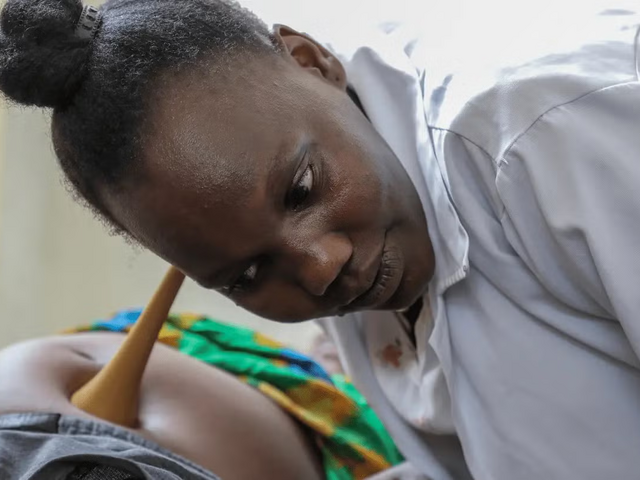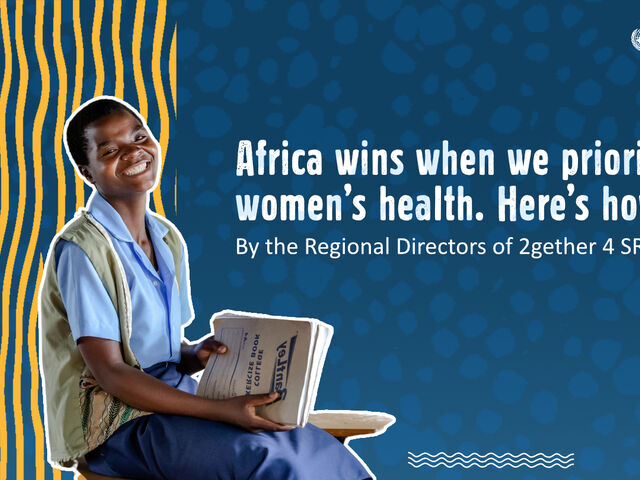Improving sexual and reproductive health and HIV services for adolescents and young people
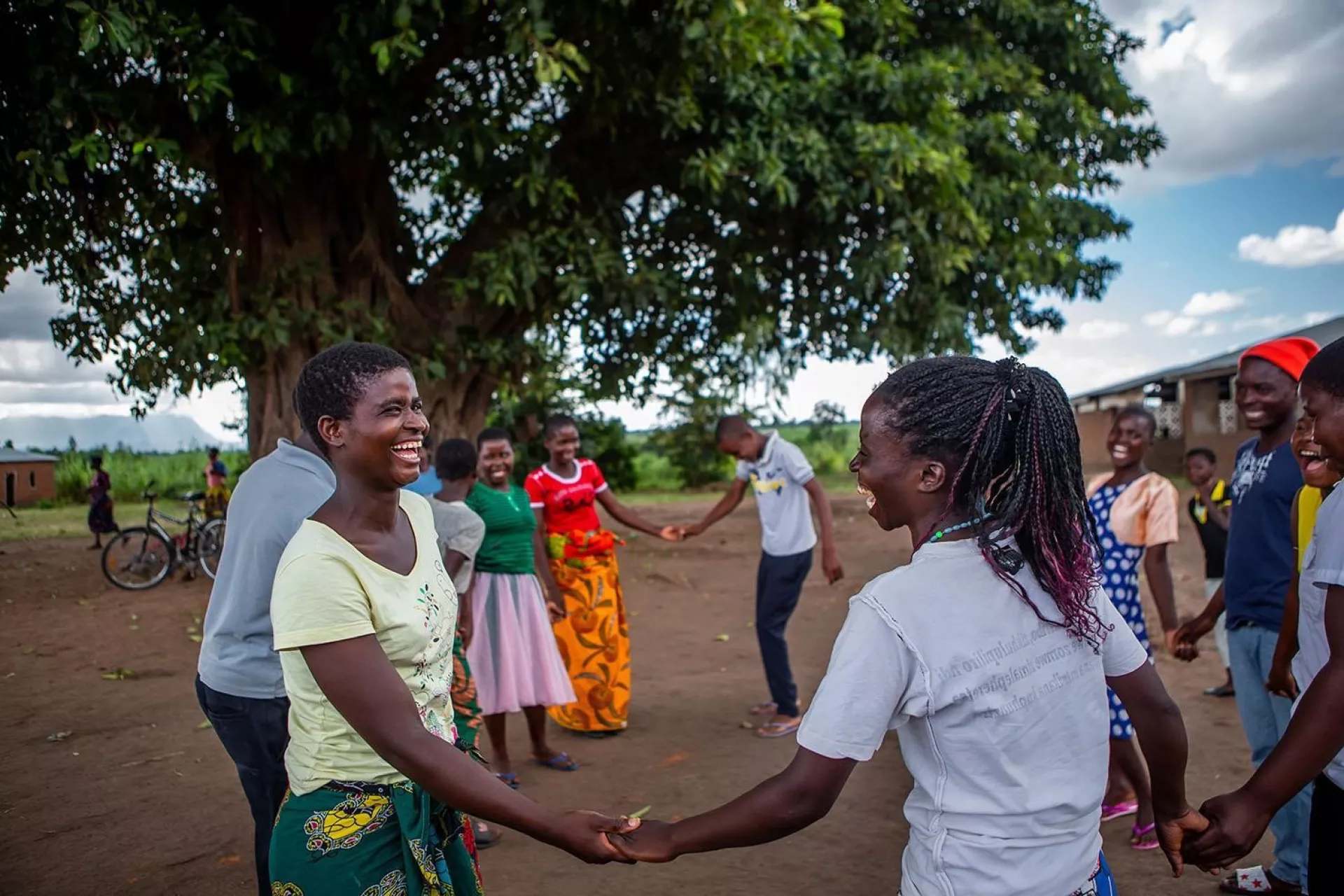
Joint message from UNICEF Malawi Representative Rudolf Schwenk, UNFPA Representative Won Young Hong, WHO Representative Dr Nonhlanhla Rose Dlamini and UNAIDS Country Director Nuha Ceesay.
When 15-year-old Nancy’s parents found out she was pregnant, they immediately arranged for her to marry her boyfriend. Nancy dropped out of school and started a new life away from her family. But married life was not the rosy picture her parents had painted. Nancy endured harsh treatment from her in-laws. Food was hard to come by for the young, unemployed couple. Nancy walked away when a child protection worker approached the couple to terminate the illegal marriage.
In many rural parts of Malawi, it is commonly accepted that any girl who gets pregnant is old enough to marry even though Nancy was only 15 at the time. The practice forces girls and boys into child marriages and being out of school, despite the Constitution of Malawi outlawing marriages involving boys and girls aged below 18.
A 2020 issue paper on teen pregnancies and child marriage reported that half of all adolescent girls are married before the age of 18, teenage pregnancy is at 29 per cent and one out of every five girls experience sexual abuse before the age of 18. High rates of early sexual debut and child marriage also increases the vulnerability of adolescents and young people to HIV. According to the 2021 HIV estimates, about a third of all new HIV infections in 2020 were among young people aged 15-24.
Limited comprehensive sexuality education, prevailing myths and misconceptions associated with contraceptive use derail efforts to address adolescent fertility. In response to this, the Government of Malawi, UNICEF, UNFPA, WHO and UNAIDS are delivering an integrated package of sexual and reproductive health services, HIV sensitive interventions and sexual and gender-based violence prevention. This Together for Sexual and Reproductive Health and Rights (2gether 4 SRHR) joint programme, funded by the Swedish Government, is being implemented in Mulanje, Nkhatabay and Mangochi - where teenage pregnancy, HIV, sexual and gender-based violence are high. The goal is to reduce unintended pregnancies, sexually transmitted infections, new HIV infections, maternal mortality and sexual and gender-based violence. Such interventions can help young people like Nancy make informed decisions about relationships and sexuality as well as care and treatment for adolescents living with HIV.
Since the first HIV case was documented in Malawi in 1985, it escalated over time to become one of the major causes of mortality, placing tremendous demands on the country’s health system and economy. At its worst, HIV prevalence was around 20 per cent in Malawi.
Today, Malawi has made significant progress by, for example, reducing the mother to child transmission of HIV by 84 per cent. More HIV exposed babies are tested for HIV before they are eight weeks old, ensuring that those who test positive get the treatment they require, on time.
But challenges remain. Adolescent girls and young women are disproportionately affected by HIV. While HIV prevalence among adults is 7.8 per cent, a third of all new infections in 2020 were among young people aged 15-24. The rights of women, adolescents and young people to access sexual and reproductive health services in Malawi are undermined by, humanitarian situations, stigma and discrimination, harmful gender norms and practices and lack of male engagement, among others. The Global AIDS strategy (2021-2026) posits that to end inequalities, young people must be fully empowered and resourced to set new direction in the HIV response.
While the use of contraceptives has increased from 42 to 58 per cent for married women, the rates remain low among adolescents at 37.5 per cent, leading to one of the highest adolescent birth rates in Africa. Adolescents and young women also experience sexual and gender-based violence which is mostly unreported.
The COVID-19 crisis has exacerbated inequities in access to life-saving services for children, adolescents, and pregnant mothers all over the world. In a recent UNICEF survey of 29 HIV priority countries, one third reported that service coverage for children, adolescents and women living with and vulnerable to HIV is lower by 10 per cent or more compared with pre-pandemic numbers.
While recognizing the cultural, political, and religious norms that contribute to policy around the age of consent, policy changes that allow adolescents to access HIV testing, contraceptives and other health services must be supported.
We must protect, sustain, and accelerate the HIV gains for children, adolescents and pregnant women living with HIV. Adolescents and young people need these services at all youth friendly service delivery points in the country. They should have access to accurate, factual, age-appropriate information about relationships as they transition to adulthood.
This can help them make informed decisions about relationships and sexuality and navigate a world where gender-based violence, gender inequality, early and unintended pregnancies, HIV and other sexually transmitted infections pose serious risks to their health and well-being.
